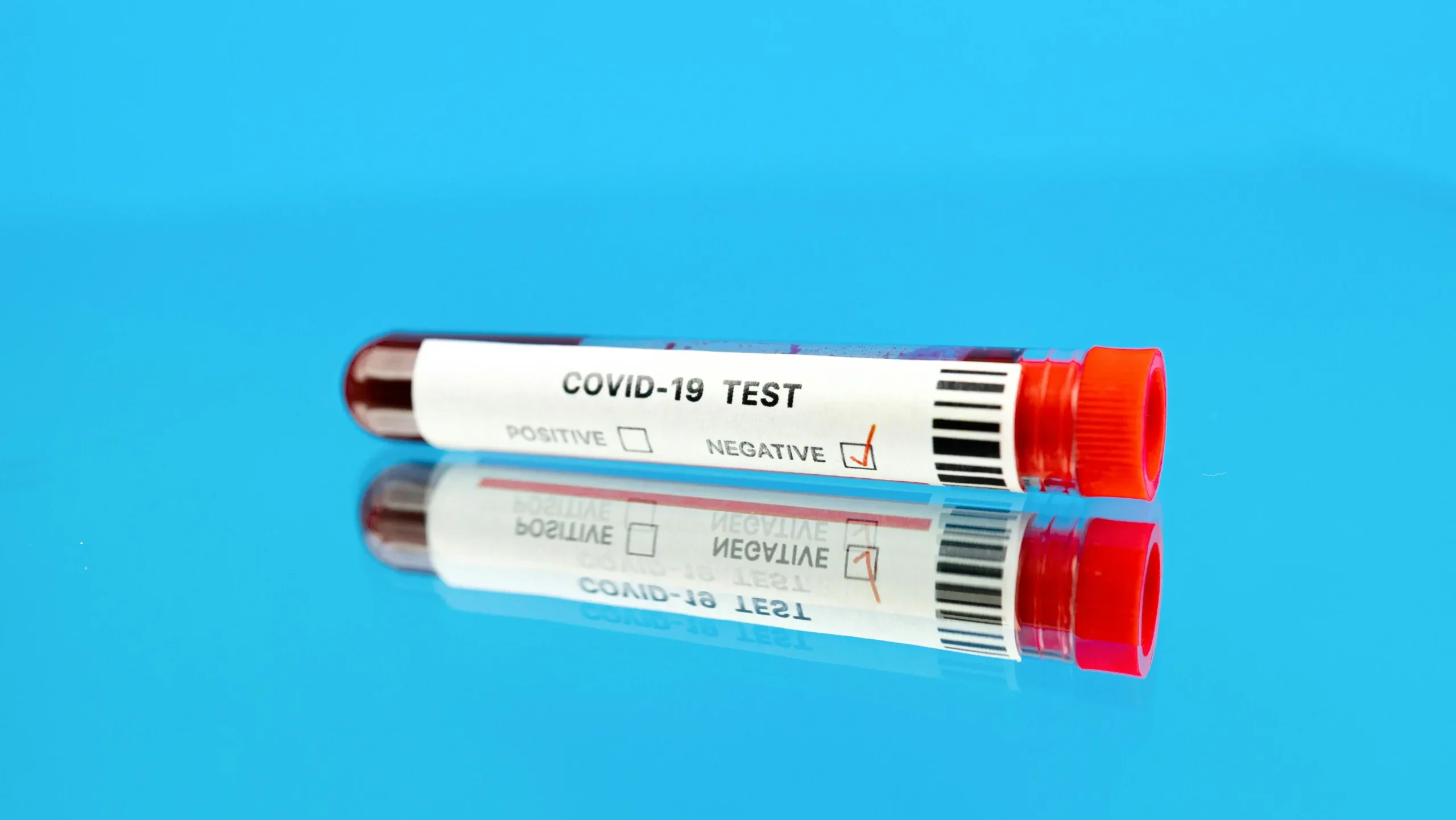
Understanding COVID-19 Testing: PCR, Antigen, and Antibody Tests
COVID-19 testing plays a crucial role in detecting infections, monitoring immune responses, and helping individuals make informed health decisions. There are three primary types of COVID-19 tests: PCR tests, antigen tests, and antibody tests (IgM and IgG). Each serves a different purpose in identifying the virus or immune response.
PCR Test for COVID-19
The PCR (Polymerase Chain Reaction) test is the gold standard for detecting an active COVID-19 infection.
- Sample Type: Nasal or throat swab
- Results Time: Within 4 hours
- Purpose: Detects genetic material of the virus
- Accuracy: Highly sensitive and precise
- Use Case: Confirming infections, hospital diagnostics, and travel certificates
PCR tests are conducted under the supervision of registered medical professionals and provide a reliable way to detect infections, even in asymptomatic individuals.
COVID-19 Antigen Test (Rapid Test)
WHL uses the COVID-19 Ag rapid tests approved by the Dutch government. The antigen rapid swab test provides quick results to determine if someone is currently carrying the virus.
- Sample Type: Nasal swab
- Results Time: Within 15–30 minutes
- Purpose: Detects specific viral proteins indicating an active infection
- Accuracy: Sensitivity of 93.3% (98.2% for samples with Ct values ≤33) and specificity of 99.4%
- Use Case: Quick testing before returning to work or confirming active infection
False negatives are unlikely but can occur if testing is done too soon after exposure. Patients are advised to wait at least 24 hours after exposure or symptom onset before testing.
COVID-19 Antibody Test (IgM & IgG)
The antibody test determines whether someone has been infected with COVID-19 in the past or is currently fighting an infection.
- Sample Type: Finger prick blood test
- Results Time: Within 15 minutes
- Purpose: Detects immune response to the virus
- Accuracy:
- IgM sensitivity: 85%, specificity: 98.39%
- IgG sensitivity: 91.89%, specificity: 97.78%
- Use Case: Identifying past infections and monitoring immune response
Stages of COVID-19 Testing
Understanding when to take each test is essential for accurate detection:
- Stage 0: Exposure to COVID-19
- Stage 1 (24 hours – 3 days post-exposure): Antigen rapid swab test or PCR test
- Stage 2 (3–5 days post-exposure): IgM antibody test
- Stage 3 (5+ days post-exposure): IgG antibody test
When Should You Get Tested for COVID-19?
Testing is recommended in the following situations:
- If you have COVID-19 symptoms
- After known exposure to an infected person
- Before returning to work or travel
- To verify past infection and immune response
- As part of routine screening in high-risk environments
Conclusion
COVID-19 testing helps detect infections, prevent virus spread, and monitor immune responses. Antigen and PCR tests confirm active infections, while antibody tests assess past infections and immunity. Choosing the right test at the right time ensures accurate results and informed health decisions. If you suspect a COVID-19 infection or need testing for travel or work, consult a healthcare provider to determine the best test for your situation.




